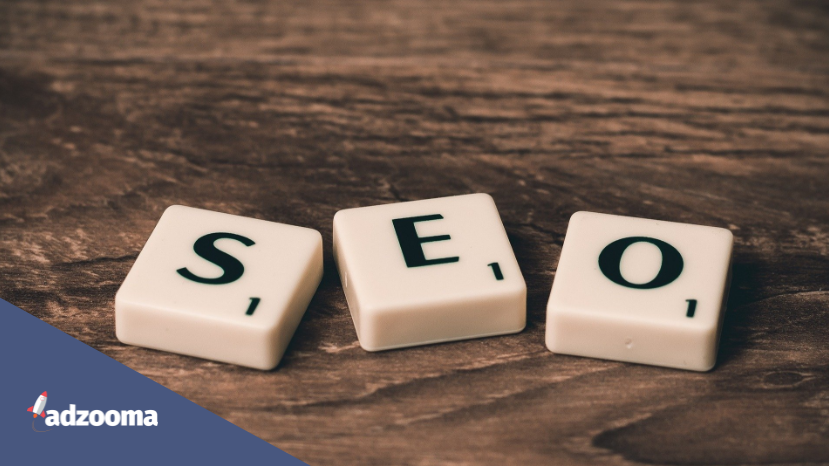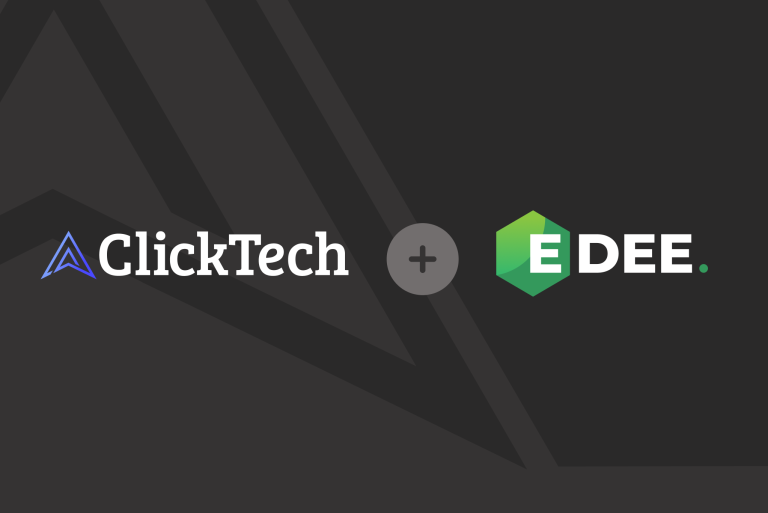When it comes to SEO marketing, Google’s ever-evolving algorithms set the standard for what marketeers and agencies often go to great lengths to stay on top of.
With Google maintaining a market share of 92.47% as of January 2021, this search engine giant is in a position to pull the strings and are constantly updating their algorithms (PageRank) behind the scenes leaving marketeers with a continuous process of trying to adhere to these illusive rules.
This is why we often hear SEO referred to as “difficult to define’’ or a ‘’mystery’’ and it’s impossible to predict what is coming next. There are 200 ranking factors which Google consider for their SERPs (Search Engine Results Pages) and many of these are essentially out of our control.
So, what can marketeers do to stay on top of their PageRank? Well, outside of the website itself, there are a number of elements that can be maintained and controlled and a significant part of that comes down to choosing the right web hosting solution for your business.
Key factors that hosting can have on SEO
Uptime/Downtime
Choosing the right type of hosting is essential as this greatly impacts the uptime/downtime implications for your site. Search engine spiders, or ‘’crawlers’’, are likely to visit your site several times throughout any given day and record inaccessibility due to downtime. Repeated reports of this can flag the site with Google and negatively impact page rankings.
Think about it, if your site is down for even just 1% of time over a month, that equates to 7 hours and this can have serious implications for a business, especially if you are an e-commerce site who relies on uptime for revenue.
However, it’s worth bearing in mind that some downtime will occur when the hosts are carrying out essential maintenance. You can ask your hosting provider how often this is likely to occur and factor that into your decision-making process as some hosts may perform maintenance more often than others.
For managed hosting, it’s worth asking your provider if they can run an RTO/RPO (Recovery Time/Point Objective) test which will ultimately give you a realistic recovery time should your server go down.
Aside from costly software, there are some useful free tools available to you online where you can check your website’s uptime/downtime such as IsItWP, all you have to do is enter your site’s URL, here.
You can always ask for advice to ensure you know where you stand when it comes to managing your site’s uptime/downtime. Ideally, you want to choose a hosting provider who can guarantee 99.9% uptime which, spread across a year, only totals 8.8 hours of downtime!
Other aspects which can impact downtime include SPOF (Single Points of Failure) and security within your network. Your hosting provider should be able to offer you security add-ons which can help prevent against DDoS, malware attacks, etc.
Speed
Standard website load time is in the region of 2 seconds and research shows that 40% of people are likely to entirely abandon your site if it takes more than 3 seconds to load which could have huge implications on your overall traffic.
Google factors this into their algorithms which detect slow page loading, which in turn, has a direct effect on your SEO.
It was back in 2010 when Google decided to factor load time into their ranking algorithms. Google saw users moving away from their search engine as a result of slow loading times and this had a monetary consequence as they were making less from their ads.
Site speed has become so fundamental to how people perceive your business online and the trust they put in you. Slow load times and unresponsive sites do not instill confidence in your online customers or visitors.
Shared hosting users can feel the effects of this due to their shared resources which can have a direct impact on their site.
When choosing a hosting provider and plan, you should consider your traffic, storage and resource requirements. For faster speed and performance, VPS or dedicated servers are the best options as you have scalable RAM and bandwidth. Your hosting company should also be able to offer CDN (Content Delivery Network) which will minimize delays in loading web page content.
To check the performance of your web pages, you can use tools such as Pingdom, GT Metrix and Google’s “PSI” (PageSpeed Insights) which provides you with reports on the performance of a page on both mobile and desktop devices. It will also provide suggestions on how that page may be improved.

Server Location
Where your site is hosted may also have an effect on speed and load times. When you have a shared, VPS or a dedicated server hosting plan, then your website is being hosted within your provider’s physical DC (Data Centre) meaning that the location may directly impact load speed.
Having a distant server location can look suspect to search engine algorithms and this can filter down to SEO too. The ideal is to have a data center which is geographically close to the majority of your site visitors. For example, if someone is looking for a UK-based business or site, then those that have a UK based IP address will come higher on the SERP.
This is where a CDN can come into play as it is a geographically distributed network of data centers and proxy servers and work as a layer in the internet ecosystem. Content owners essentially pay CDN operators to deliver their content whilst the CDN would pay the IPS (Internet Service Provider) for hosting its servers in their DC’s.
Google search results will depend on a server’s IP address and a native server location will result in more relevant website traffic. Ultimately, choosing a local host will make it easy to target a local audience and it will eventually improve your web store’s local search engine rankings.
Shared Hosting
There has been a reasonable amount of debate as to the effects of shared hosting on SEO, especially in relation to having a shared IP address. Whilst researching for this blog post, I came across numerous articles with conflicting information as to whether or not a shared IP can really have a substantial negative impact on a businesses marketing.
Whilst some claim that a shared IP can be impacted by other sites on the network, Google employees have refuted this and said that this isn’t necessarily a factor and may only be flagged when a large number of sites on the network are spammy or deemed troublesome.
After some extensive reading, it seems that the lines are still blurred on this topic, so instead of trying to decipher something even industry experts can’t seem to agree on, lets take a look at the elements where shared hosting can have a measurable impact on SEO.
Over time, a high bounce rate can damage your PageRanking. When using a shared hosting plan, it is worth bearing in mind that you are sharing resources amongst potentially 100’s of different websites. Alongside a shared IP address, you are also sharing bandwidth and RAM so if one of those sites has a large surge in traffic, then your site could also be negatively affected.
Shared hosting is great for smaller websites where you have less than 1000 visitors per day. If you are looking to grow your business, have multiple web pages, high traffic volumes and increasing functionality requirements, then it is time to move away from shared hosting. You will need to upgrade to either VPS, Dedicated Servers or Cloud hosting, to accommodate your business needs.

Other factors to consider when choosing your hosting provider
A good hosting provider will also be able to assist and advise on the following:
Support
Do you need managed or non-managed hosting? What IT resources do you have on site that would enable you to manage your server and systems? Taking a managed support package with your hosting provider is often recommended as you will benefit from the expertise, facilities and SLA’s that come with the support package.
Taking a managed support package frees up your time to allow you to get on with more pertinent projects and are generally a more cost-effective option for your business.
SSL
Secure Socket Layer certificates are a web protocol which authenticates and encrypts data across the internet. Depending on your industry, traffic, data security and hosting requirements, you will need to choose either a paid or free SSL certificate to ensure security for your site.
Nowadays, this is expected for any sites outside of single-page or simple blog sites.
Domain names
You can retain a domain name for up to 10 years so when it’s time to renew or change, it’s important to still retain control over the old domain. You can use 301 redirects to ensure your traffic isn’t affected when you purchase a new domain.
To check availability, register or transfer a domain here.
Additional thoughts
As Google’s Senior Webmaster Trends Analyst, John Mueller, puts it: “Host where it makes sense for you.”
Ultimately, you want your hosting provider to be a partner to your business. They are going to be hosting and maintaining core infrastructure which impacts the day-to-day running of your operations.
To find out what the best hosting plan is for your business, get a quote or even just ask for some advice, you can find CWCS on the Adzooma Marketplace and take the step towards improving your business’s hosting!




